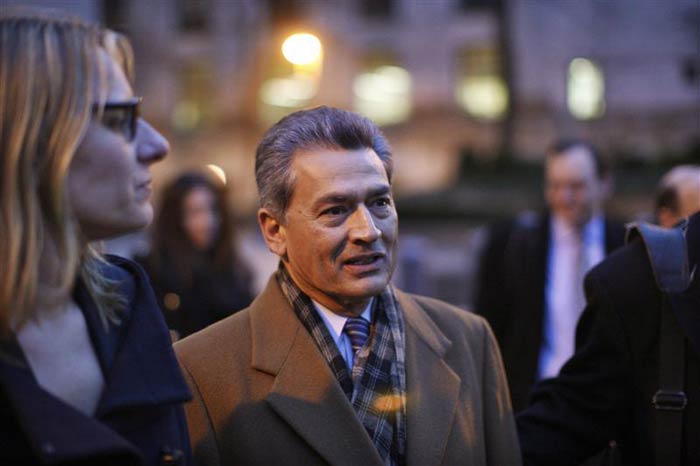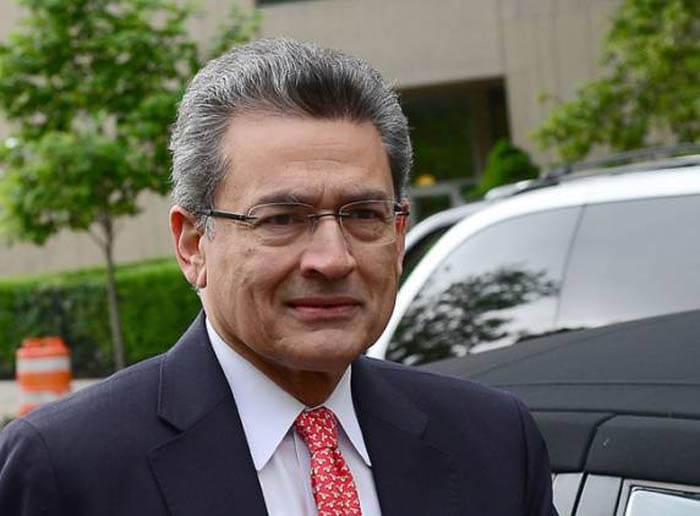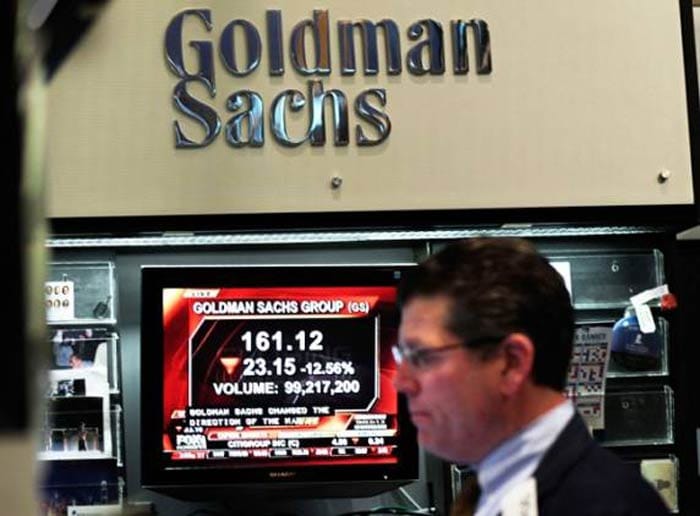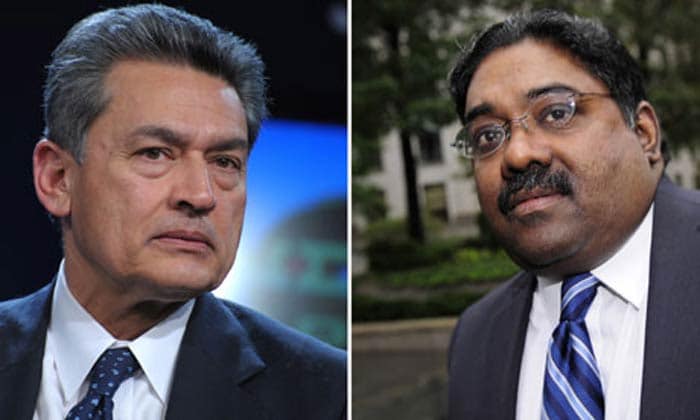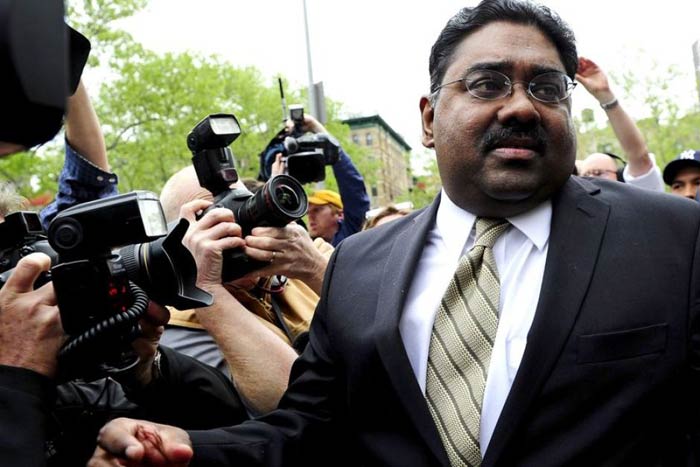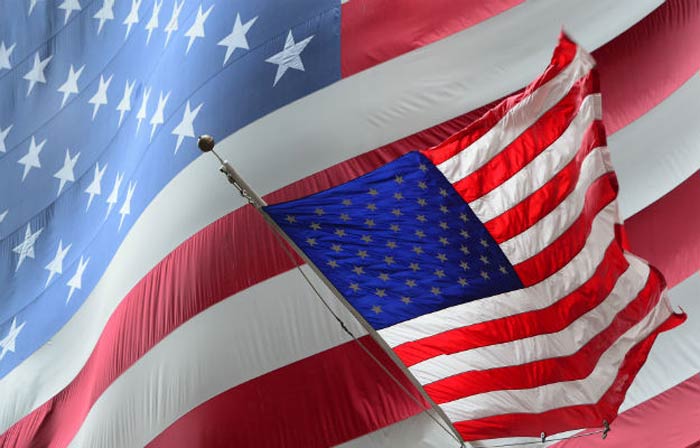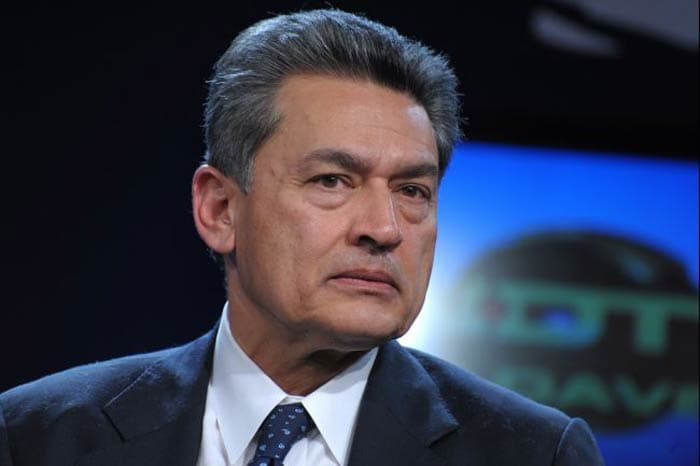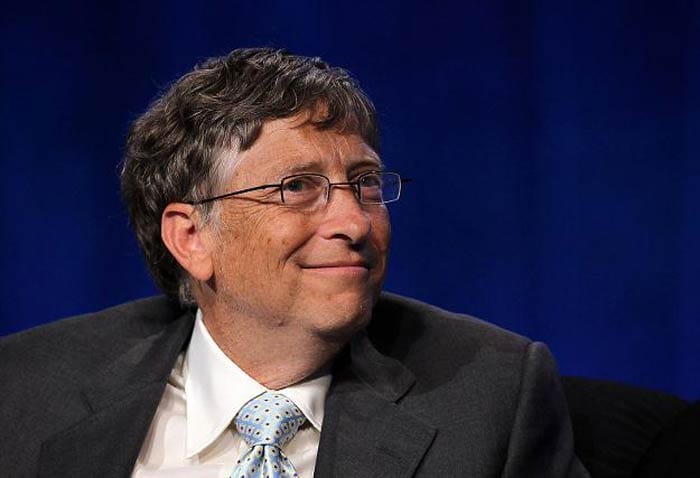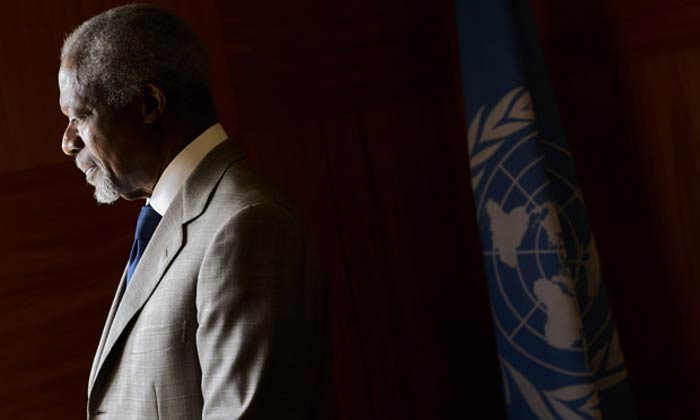Rajat Gupta: The rise and the fall
Rajat Gupta, the India-born former CEO of McKinsey and former director at Goldman Sachs, was on 24 October sentenced to two years in prison and fined $5 million for insider trading. A pictorial journey of the titan's rise and fall.
-
Born in Kolkata on December 2 in 1948, 63 year old Gupta's meteoric climb in global corporate echelons was unheard of. Rajat Gupta broke through racial glass ceilings in the corporate world in a way that no other Indian and few people of color had done before. He joined McKinsey & Company, the elite and secretive management-consulting firm as an earnest, under-stated young man, fresh out of Harvard Business School, and IIT Delhi before that.
-
Mr Gupta rose rapidly through a competitive system, going on to rule boardrooms, chair nonprofit boards, and move with CEOs and heads of state from Bill Gates to Bill Clinton.
At Mckinsey & Company, he became the first Indian-born CEO of a global western company. Upon retiring from McKinsey, in 2007 after nine years as its managing director, Mr Gupta was a sought after figure on corporate and nonprofit boards, and joined those of Goldman Sachs, Procter & Gamble, American Airlines, and Harvard Business School. -
However, his fall from grace is stuff movie scripts are about.
It began in 2010 as part of the investigation into Raj Rajaratnam, a Sri Lankan hedge fund manager accused of insider trading. The government accused Mr Gupta of tipping off Mr Rajaratnam of Warren Buffet's decision to invest $5 billion in Goldman Sachs. Mr Gupta allegedly learned this information on September 23 in 2008 at a board meeting. His tip allegedly allowed Mr Rajaratnam to buy the stock before the news was made public the next day. Mr Rajaratnam made a profit of $800,000 in just 24 hours. -
The US government has a tape of a conversation between Mr Gupta and Mr Rajaratnam where Mr Gupta summarises the discussion in a Goldman board meeting. But that tape did not lead to any trades being made, nor is it clear that it leaked inside information. And the trade that was made a few minutes after a Goldman board meeting concluded cannot be traced to a recorded conversation between the two men.
But the tapes are still very embarrassing for Mr Gupta as they showed that confidentiality had been compromised, even if securities laws had not been violated. Wiretaps also showed that Mr Rajaratnam had bragged to someone else that he had inside knowledge of the Buffett deal from someone on the Goldman board. He was also heard speculation that Rajat Gupta's motive was financial greed. -
Mr Gupta's friends, however, claim that these leaks are selective and the charges completely without basis.
Atul Kanagat a former director at McKinsey himself counters "None of the tapes have a mention of Rajat by name. It is a careful selection of a handful of facts out of a mountain of fact to paint a picture that they want you to see. How many other calls did he made to Rajaratnam? How many calls did he make to other people? Right after a board meeting? Is Rajaratnam the only guy he called after a board meeting? If he calls me after a board meeting does it mean that he is giving me insider information this is all complete conjecture by withholding relevant information that fits your narrative. I think it is all nonsense" -
However, a 12-member Jury convicted of conspiracy and three counts of securities fraud and acquitted him on two other securities fraud counts a month after the case had gone on trial on May 21.
The jury said it wanted him to walk a free man after the trial, but the evidence against him and his "need for greed" was just too "overwhelming." -
As the 12-member jury left the courtroom after delivering its verdict in Gupta's month-long insider trading trial yesterday, two were in tears.
Jury foreman Richard Lepkowski, 51, who read out the verdict in court said he had not wanted to convict Harvard-educated Gupta of insider trading.
"I wanted to believe the allegations weren't true. Here was a man who came to this country and was a wonderful example of the American Dream. But at the end of the day, those allegations on which we found guilt -- the evidence was overwhelming," Lepkowski told reporters after US District Judge Jed Rakoff adjourned the case yesterday afternoon.
(With inputs from Agencies) -
But while Rajat Gupta's legacy might be now tarnished, letters of support and pleas of mercy are coming from some of the most powerful people around.
Bill Gates and Kofi Annan are among several prominent businessmen and humanitarians asking a U.S. judge to show fairness when he sentences former Goldman Sachs Group Inc board member Rajat Gupta for his insider trading conviction later this month.
Microsoft Corp co-founder Mr Gates, who had worked with Mr Gupta when Mr Gupta was chair of the Global Fund to Fight AIDS, Tuberculosis and Malaria, wrote that he wanted to help ‘round out Rajat's profile as you consider the appropriate sentence for him'. “Many millions of people are leading better lives - or are alive at all - thanks to the efforts he so ably supported,” he wrote. -
Former United Nations Secretary-General Kofi Annan (seen here in the picture), in his letter, said: "I urge you to recognize Rajat for the good he has done in the world, to give him the credit that he deserves for helping others and to take into account his efforts to improve the lives of millions of people."
More than 400 letters of support have come Gupta's way – including Deepak Chopra, former Bristol-Myers Squibb CEO Peter Dolan, and Abbott CEO Miles White. Indian businessmen like Mukesh Ambani, Godrej Group chairman Adi Godreaj, ITC Chairman Yogi Deveshwar and DLF Chairman KP Singh, too have spoken on his behalf. -
Just before Judge Jed Rakoff pronounced his sentance on October 24, Mr Gupta said he regretted his actions, noting he lost a reputation he spent a lifetime building.
"The last 18 months have been the most challenging period of my life since I lost my parents as a teenager. I have lost my reputation that I have built over a lifetime. Much of the first year seemed surreal to me. I regret terribly the impact of this matter on my family, my friends and the institutions that are dear to me," Mr Gupta said.

